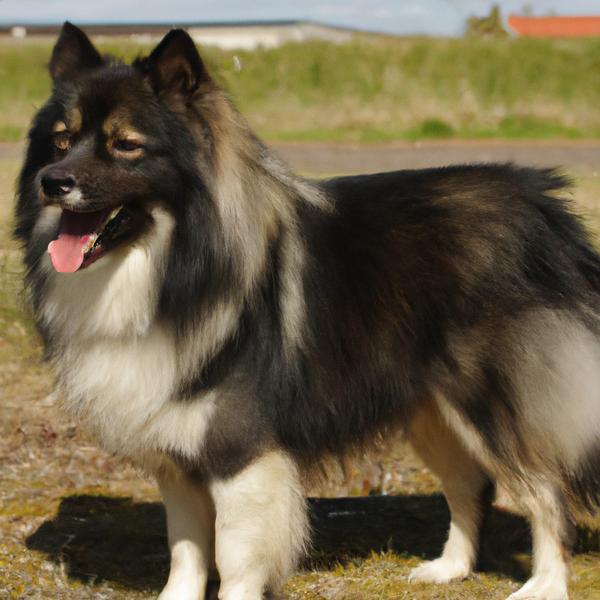Eskland vs. Corkie: Breed Differences and Similarities
Hypoallergenic
Are Esklands or Corkies hypoallergenic, or neither?
Unfortunately, neither Eskland nor Corkie are hypoallergenic, which may not make them the best choice for dog lovers who suffer from pet allergies.
Temperament
What are the personalities of Eskland and Corkie dogs?
Playful
Independent
Energetic
Protective
Alert
Intelligent
Friendly
Responsive
Affectionate
Lively
Gentle
Playful
Independent
Energetic
Alert
Courageous
Intelligent
Friendly
Affectionate
Loyal
Trainable
Quiet
Faithful
Shedding Level
Do Esklands shed more than Corkies, or which breed sheds more, Esklands or Corkies?
Esklands are heavy shedders, but regular brushing can help manage shedding and promote a healthy coat.
Corkies are low shedding dogs, requiring minimal coat care.
Watchdog Ability
Which dog breed makes a better watchdog, the Eskland or Corkie?
The Eskland and Corkie breeds are not the best choice if you want good watchdogs. If you're looking for guard dogs, these breeds are not the right ones for you. They will 'watch' everything - but that's usually as far as they go.
Origin
What is the origin of Eskland and Corkie dog breeds?
United States
United States
Ancestry
What are the origins of Eskland and Corkie breeds?
American Eskimo and Shetland Sheepdog
Cocker Spaniel, Yorkie
Breed recognition
Which kennel clubs recognize/register Eskland and Corkie?
ACHC = American Canine Hybrid Club
DDKC = Designer Dogs Kennel Club
DRA = Dog Registry of America, Inc.
IDCR = International Designer Canine Registry®
ACHC = American Canine Hybrid Club
DBR = Designer Breed Registry
DDKC = Designer Dogs Kennel Club
DRA = Dog Registry of America, Inc.
IDCR = International Designer Canine Registry
Date of Birth
When were Eskland and Corkie breeds first developed?
Unknown
2000
Eye Color Possibilites
What are the eye colors of Eskland and Corkie dogs?
Brown
Brown
Nose Color Possibilites
What are the natural nose colors of Eskland and Corkie?
Black
Black
Coat Color Possibilites
What are the natural colors of the coat for Eskland and Corkie breeds?
Pied
Brown
Gray
White
Cream
Sable
White
Cream
Red
Blue
Silver
Brown
Black
Coat Length
What is the typical coat length for Eskland and Corkie breeds?
The coat of Eskland and Corkie dogs is longer than that of the typical dog.
Coat Density
What is the density of the coat of Eskland and Corkie?
Coat Texture
What is the hair texture of Eskland and Corkie?
Straight
Litter Size
What is the usual litter size for Eskland and Corkie?
Eskland and Corkie, can have a litter of 4-6 puppies each on average. Nonetheless, it's important to keep in mind that litter size can differ significantly between individual dogs. Various factors such as the mother's health, breeding history, and genetics can have an impact on litter size.
Adaptability
Esklands are known for their adaptability and can adjust well to different environments and lifestyle changes.
Corkies are highly adaptable and versatile, making them excellent companions for families and individuals of all lifestyles.
Health Issues
Between Eskland and Corkie, which breed is more prone to health problems?
While the Eskland breed is generally healthy, occasional vet check-ups are still necessary to address any health concerns.
Corkies typically have low vet costs due to their good health, but it's important to monitor their health and seek vet care when necessary.
Major Concerns
What are the major health concerns for Eskland and Corkie breeds?
Hip Dysplasia
Dermatomyositis
Von Willebrand's Disease
Pancreatitis
Patellar Luxation
Entropion
Ectropion
Exposure Keratopathy Syndrome
Minor Concerns
What minor health issues should be kept in mind when owning Eskland and Corkie?
Cataracts
Retinal Dysplasia
Hypothyroidism
Atopy Dermatitis
Retinal Dysplasia
Seborrhea
Lip Fold Pyoderma
Occasional Tests
What occasional tests are recommended for Eskland and Corkie breeds?
Eye Examination
Physical Examination
Radiographs
X-Rays
MRI
CT Scan
Eye Examination
Skin Evaluation
Urinalysis
Blood Tests
Energy
How do the energy levels of Esklands and Corkies compare?
Esklands' high energy levels make them unsuitable for a low-key dog, choose accordingly.
Corkies are suitable for those with a balanced lifestyle as they have an average energy level.
Social Needs
Eskland vs Corkie social needs comparison
Eskland and Corkie have very high social needs. These needs include regular mental and physical stimulation, a job or purpose, and companionship. They thrive in environments where they have a lot of interaction with humans and other dogs.
Exercise Needed
Eskland vs Corkie exercise need comparison.
Esklands need moderate physical activity and are great for families and active individuals.
Corkies need only a small amount of physical activity, ideal for busy or elderly people or those with limited space.
Sleeping Need
Which of the two sleeps the most/least: Eskland or Corkie?
Esklands sleep less than other breeds but still need adequate sleep for good health.
Corkies are active and require sufficient sleep to stay healthy.
Tendency to Bark
Do Esklands or Corkies bark more/less frequently?
Esklands bark moderately when necessary and may also bark due to certain triggers like fear, alarm, boredom, greeting, separation anxiety and compulsive barking.
Corkie dogs are generally less vocal than other breeds and only bark when necessary, such as to alert their owner or communicate.
Mouthiness
Mouthiness Comparison: Eskland vs Corkie?
Roaming urge
Eskland vs Labrador: Running away tendency?
Prey Drive
Eskland or Corkie - which breed has a higher level of prey drive?
Past times
What are some enjoyable activities and ways to keep Eskland and Corkie entertained?
Fetch, Hike, Walk, Playing, Walking, Loves snow, Needy, Farm work, Run, Road trip, Swim, Catch treats, Play keep away, Wrestling, Tug-of-war, Hide & Seek, Dance, Shake, Puzzle Toys, Tag, Trampoline
Playing running, Chase, Playdate
Activity Level
Which breed has higher energy, Esklands or Corkies?
Esklands are high-energy dogs. They need mental as well as physical exercise. These dogs require a lot of your involvement and without it they can, and will, become problematic dogs.
Corkies are medium-energy dogs and typically enjoy socializing and playing casual or even sustained games of chase with other dogs. They may also have occasional periods of barking or racing around the house.
Tolerance of being left alone
Walks per Week
How many miles should Eskland or Corkie walk each week?
There's really no limit to how far you walk your dog as long as they're comfortable. For Eskland, it's at least 10 miles / week. Just remember to build distance and stamina gradually over time.
There's really no limit to how far you walk your dog as long as they're comfortable. For Corkie, it's at least 8 miles / week. Just remember to build distance and stamina gradually over time.
Activity per Day
Do Esklands or Corkies require more exercise?
In general most Esklands usually need at least 120 minutes of exercise daily. This can be spread across the day and include all sorts of high-energy activities, like walking, running and playing.
In general most Corkies usually need at least 60 minutes of exercise daily. This can be spread across the day and include all sorts of high-energy activities, like walking, running and playing.
Grooming
Which breed is easier to maintain in terms of grooming, Esklands or Corkies?
Eskland and Corkie are breeds of dogs that require a significant amount of grooming. They will also require regular trims, and a professional groomer's help is often necessary to keep their coat in good condition. They may also need regular baths to maintain their coat and skin.
Brushing Frequency
What is the recommended brushing frequency for Eskland and Corkie dogs?
Ideally, both Eskland and Corkie should be brushed at least 2 or 3 times a week (preferably daily) to improve shedding.
Brushing Tools
What brushing tools are used for Esklands and Corkies?
Pin Brush
Slicker Brush
Deshedder
Nail Clipper
Slicker Brush
Comb
Deshedder
Nail Clipper
Cups
How much food should be given to Eskland or Corkie in cups?
For an average 12-18 pound (5 - 8 kg) Eskland feed 1 cups daily. But, keep in mind, the amount you feed is going to be dependent on the quality of the food you are feeding.
For an average 10-20 pound (5 - 9 kg) Corkie feed 2 cups daily. But, keep in mind, the amount you feed is going to be dependent on the quality of the food you are feeding.
Daily Cost
Which breed has a higher daily cost, Eskland or Corkie?
The average cost of an Eskland is somewhere $1.10 - $1.40 per day.
The average cost of a Corkie is somewhere $1.40 - $2.80 per day.
Monthly Cost
Which breed has a higher monthly cost, Eskland or Corkie?
The average per month expenses of an Eskland is between $35 - $42. This makes an average of $420 - $504 per year. It will be on the higher side when the dog is still small because it will need more frequent visits to the vet, shots.
The average per month expenses of a Corkie is between $42 - $84. This makes an average of $504 - $1008 per year. It will be on the higher side when the dog is still small because it will need more frequent visits to the vet, shots.
Intelligence
Comparing Intelligence: Esklands vs Corkies
The Eskland and Corkie breeds are considered very intelligent and easy to train.
Sensitivity Level
How do Eskland and Corkie compare in sensitivity?
These dog breeds are particularly attuned to its environment and the emotions of those around it. Eskland and Corkie can be easily overwhelmed by loud noises, new environments, unfamiliar people, or animals. This dog breed is best suited for individuals or families who are patient, gentle, and understanding of its sensitive nature. It may also benefit from a calm and stable home environment, with a consistent routine and plenty of positive reinforcement training.
Affection Dependance
Which is the more affectionate dog breed: Eskland vs Corkie?
Apartment Friendly
Which breed is more apartment-friendly: Eskland or Corkie?
The Eskland is a great apartment dog, thriving with sufficient exercise and time outside as part of their daily routine.
Corkies make excellent apartment dogs, being fairly active indoors and not requiring a yard.
Child Friendly
Do Esklands or Corkies have a friendlier temperament towards children?
Esklands are good with kids if socialized and trained from a young age.
Corkies have an average level of friendliness towards children.
Senior-friendly
Which dog is more suitable as a pet for the elderly - Eskland or Corkie?
Cat Friendly
Do Eskland or Corkie breeds have a better compatibility with cats?
Esklands and Corkies are one of the best dogs for cats. They accept cats readily as part of the family. However, this dog breed should be trained to not chase after the kitty early on
Dog Friendly
Which breed is more sociable with other dogs: Eskland or Corkie?
Esklands and Corkies are friendly, active and loyal companions. They generally love to be around other dogs, making them a good family pet for some.
Pet friendly
How do Eskland or Corkie dogs interact with other pets?
Stranger Friendly
Which breed is more friendly with strangers: Eskland or Corkie?
Esklands are quick to announce strangers and can be standoffish or suspicious.
Corkies are averagely friendly around strangers but benefit from early socialisation.
Playfulness
Which breed is more playful between Eskland and Corkie?
Eskland and Corkie are playful dogs. So, no matter how busy the day may get, the best thing you can do for Eskland and Corkie is to make time each day to play. It can be as little as 15-20 minutes, and it will mean the world to them.
Trainability
How do the trainability levels of Esklands and Corkies compare?
Eskland and Corkie dogs are known for their ease of training and ability to learn quickly, making them a popular choice for pet owners and trainers alike.
Compare Eskland with other breeds
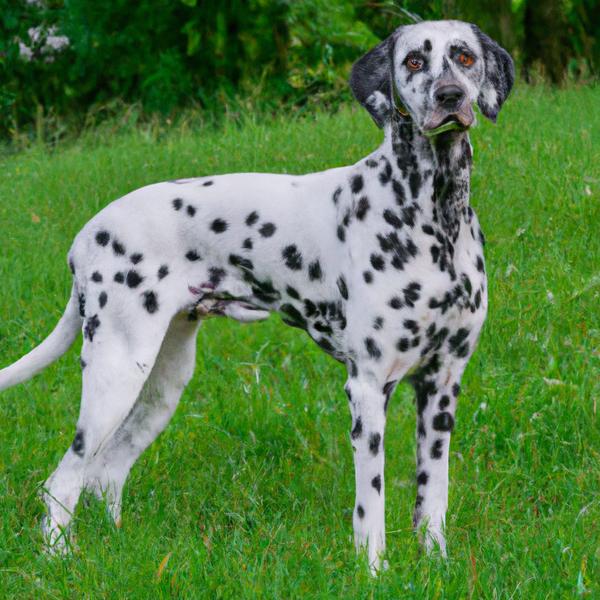
Dalmatian Springer
Eskland vs Dalmatian Springer
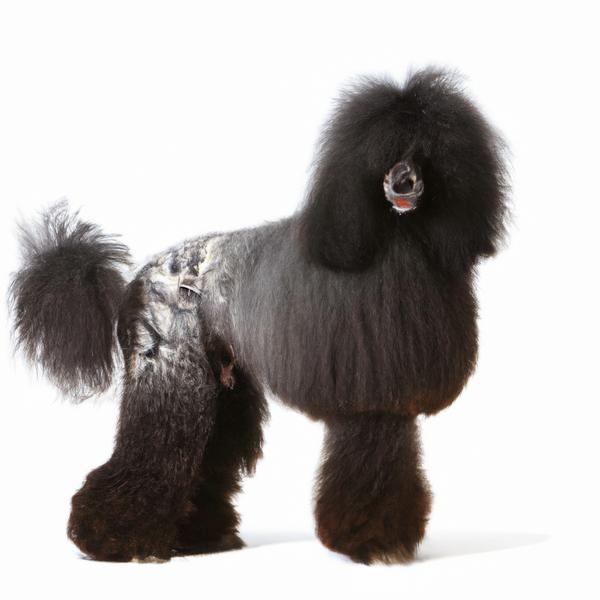
Puli
Eskland vs Puli
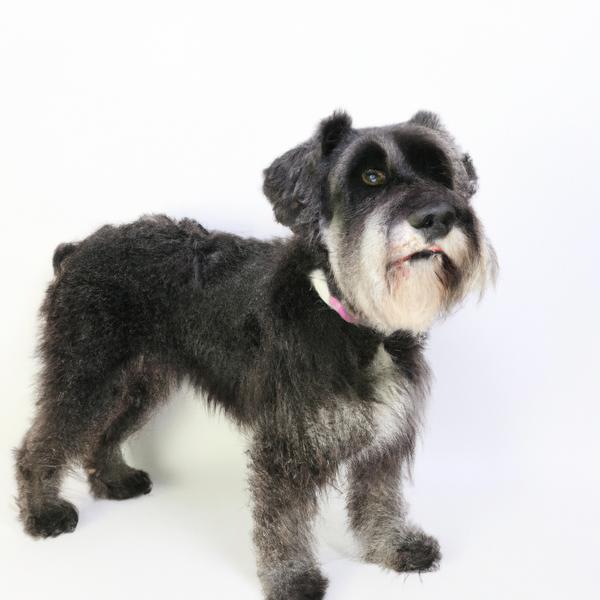
Mini Bolonauzer
Eskland vs Mini Bolonauzer
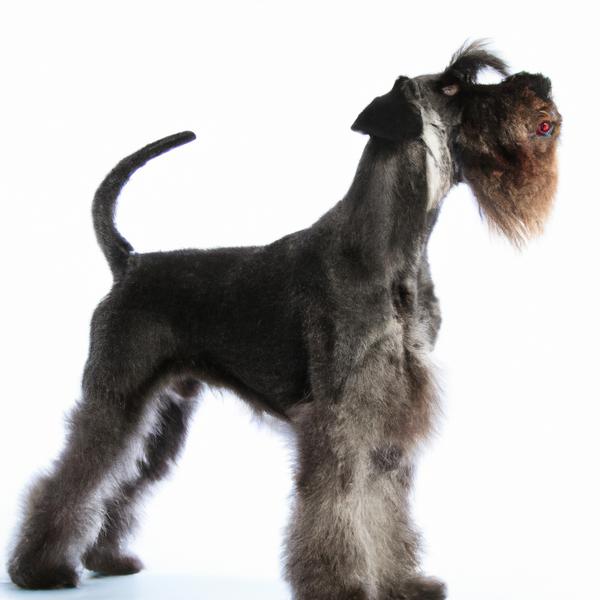
Schnauffen
Eskland vs Schnauffen
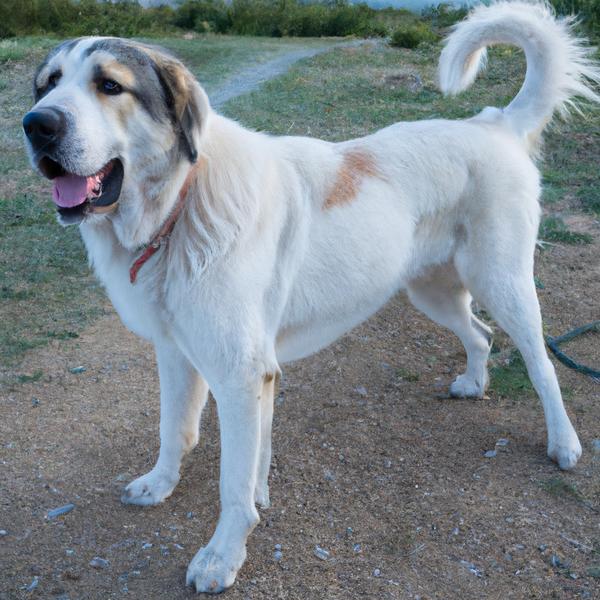
Anatolian Pyrenees
Eskland vs Anatolian Pyrenees
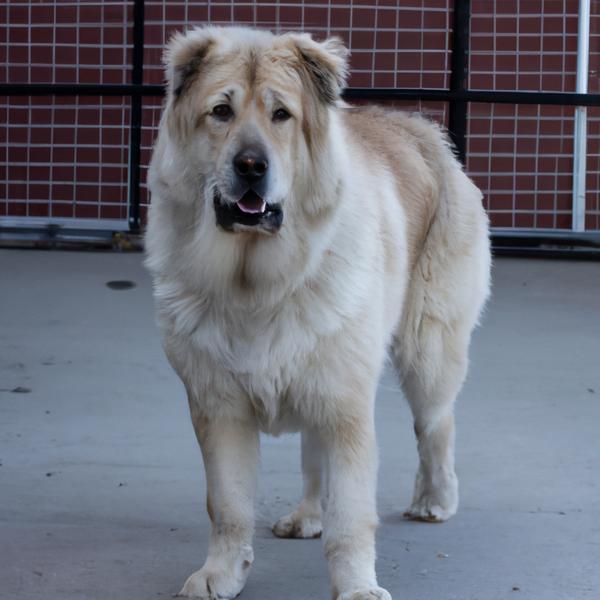
Wheaten Eskimo
Eskland vs Wheaten Eskimo
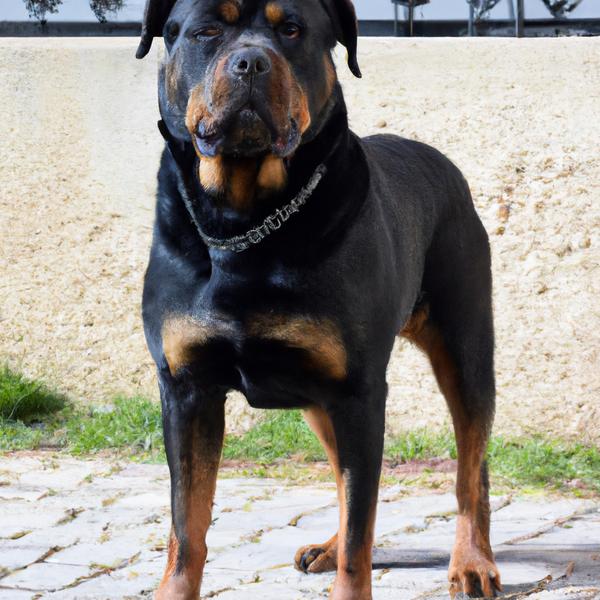
Bull Mastweiler
Eskland vs Bull Mastweiler
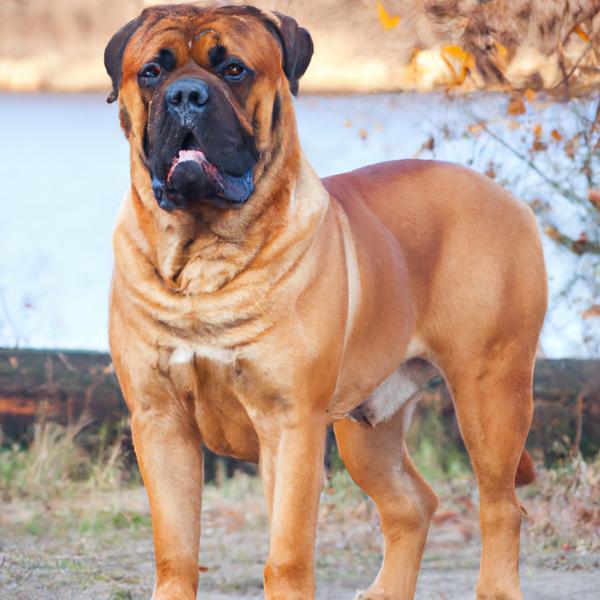
Bullmastiff
Eskland vs Bullmastiff
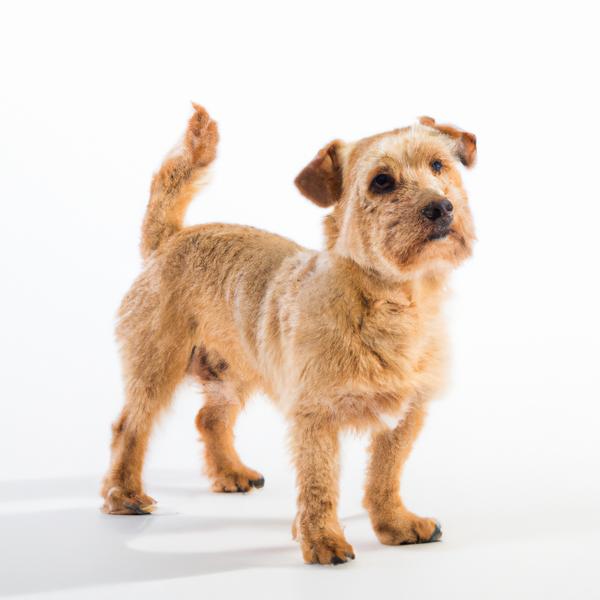
Corkie
Eskland vs Corkie
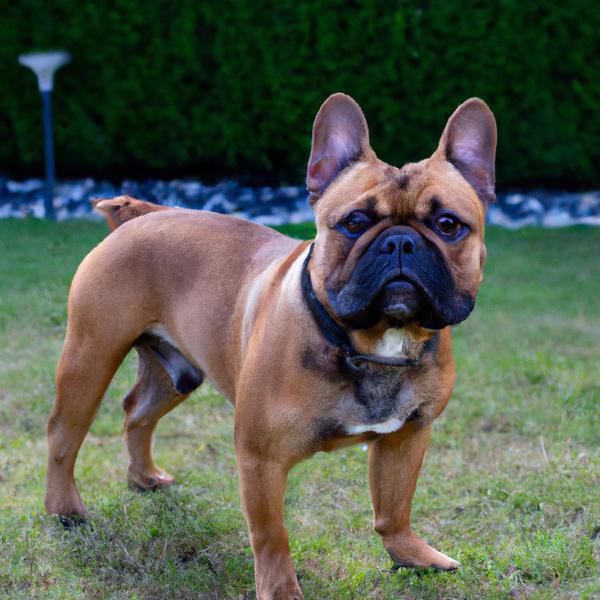
French Masti-Bull
Eskland vs French Masti-Bull
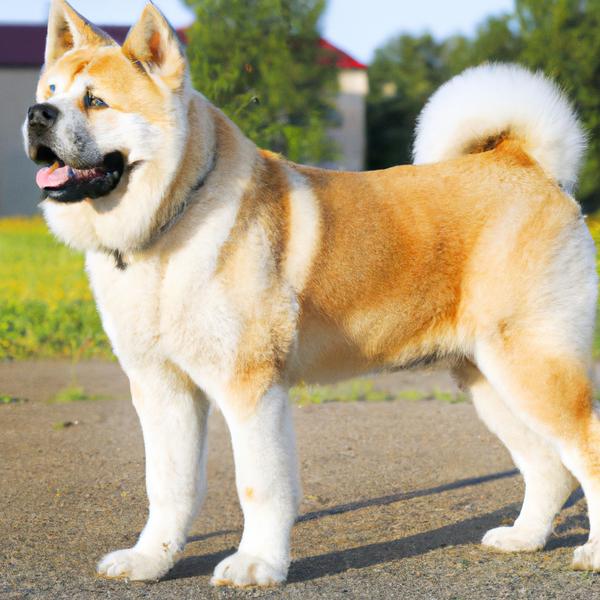
Golden Akita Retriever
Eskland vs Golden Akita Retriever
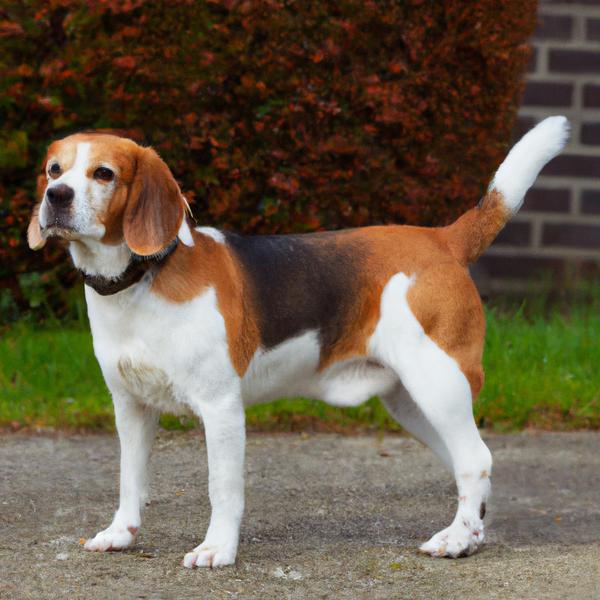
English Speagle
Eskland vs English Speagle
